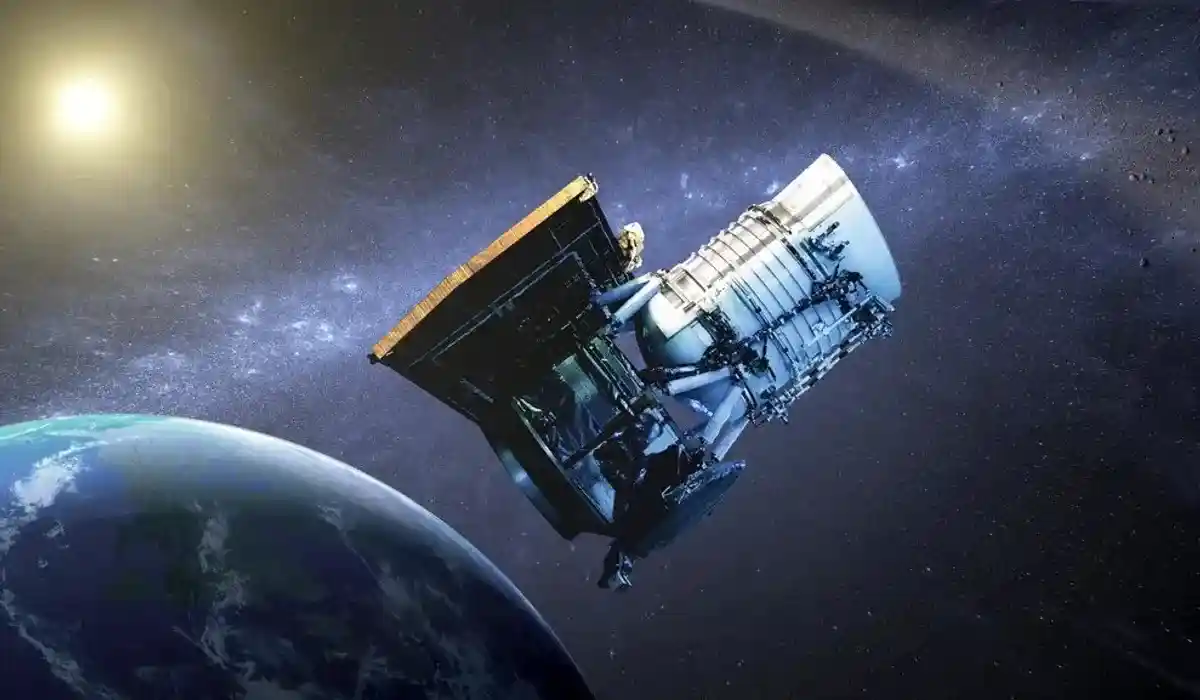STARTUP-STORIES
India's space tech sector raised $126 million in 2023, up 7% from 2022, driven by early-stage investments and government support

SUMMARY
India's space tech sector raised $126 million in 2023, a 7% increase from 2022, driven primarily by early-stage investments.
The sector's growth is supported by significant government backing and innovative startups, with Bengaluru leading in funding and startup activity.
India’s space technology sector is on an impressive upward trajectory, receiving $126 million in funding in 2023, a 7% increase from the $118 million raised in 2022, and a remarkable 235% rise from the $37.6 million in 2021, according to data intelligence platform Tracxn.
Steady Growth Amid Global Slowdown
Despite a global slowdown in funding, the Indian space technology sector has shown resilience and growth. In 2024, year-to-date funding stands at $10.8 million. The surge is attributed to substantial government support and significant innovations within the sector. India now boasts over 100 space technology startups, most of which have been established in the last five years. The government's proposed Rs 1,000 crore venture capital fund underscores its commitment to fostering this burgeoning industry.
Early-Stage Investments Drive Growth
Early-stage investments have been a significant driver of the sector’s growth. In 2023, early-stage rounds accounted for $120 million of the total $126 million raised, a 5% increase from $114 million in 2022. Seed-stage funding also saw a 24% rise to $5.3 million in 2023 from $4.3 million the previous year. However, the ecosystem for private sector participation in Indian space technology startups remains nascent, with no late-stage funding recorded yet.
Leading Startups and Business Models
Skyroot Aerospace leads as the highest-funded active space technology startup in India with $99.8 million, followed by Pixxel at $71.7 million and Agnikul at $61.5 million. The top-funded business models in this segment include small satellite launch vehicles (SSLV), satellite imaging services, and satellite communication services. The SSLV segment has attracted $168 million to date, with Skyroot Aerospace raising the highest funding in this category.
Bengaluru: The Hub of Space Tech Innovation
Bengaluru is the epicenter of India’s space technology sector, securing over 55% of the total funding and hosting the highest number of space technology startups. Hyderabad and Chennai follow as the next top-funded cities. Speciale Invest, Anicut Capital, and GrowX Ventures are among the leading investors in this vibrant ecosystem. Notably, Anicut Capital, LetsVenture, and Rosmerta Technologies have been prominent seed-stage investors over the past two years, while Ban Labs, Anicut Capital, and Artha Venture Fund have emerged as top early-stage investors.
Challenges and Milestones
Despite the vibrant funding landscape, the sector has yet to see any acquisitions in 2024. The only acquisition to date remains the 2022 purchase of Prakshep, a satellite imagery provider for the agricultural industry, by Arya. Furthermore, the sector has not yet witnessed the emergence of unicorns, with MTAR and Ananth Technologies being the only public companies in this domain.
International Recognition
India’s space tech prowess was globally recognized when the International Astronautical Federation awarded the country the prestigious World Space Award for its successful launch of Chandrayaan 3. This mission made history in 2023 as the first to achieve a soft landing near the moon's south pole, highlighting India’s growing influence in space exploration.
Latest News

STARTUP-STORIES








